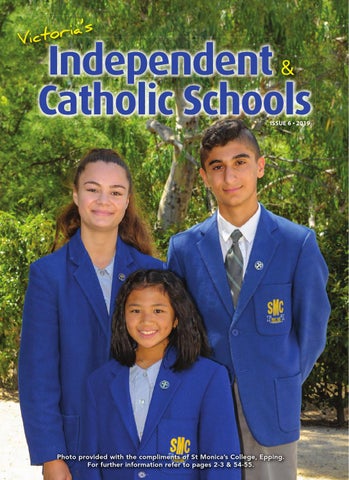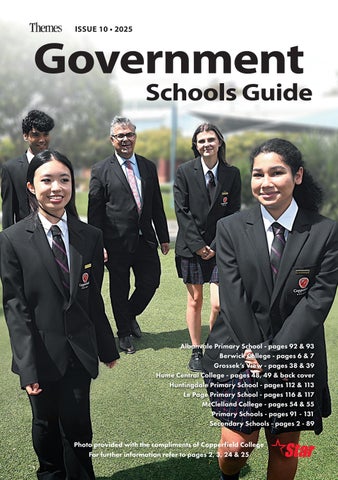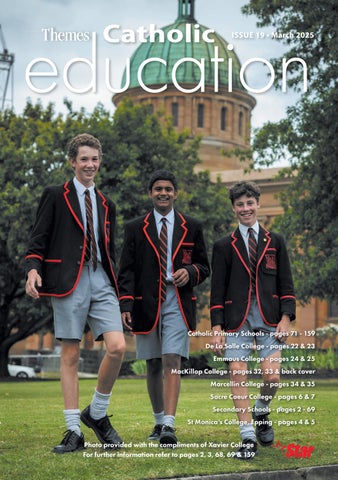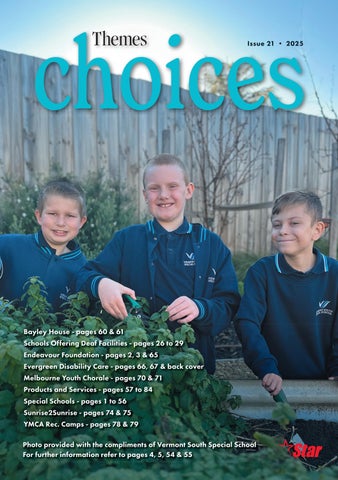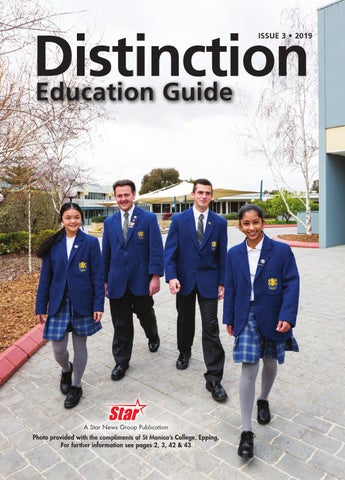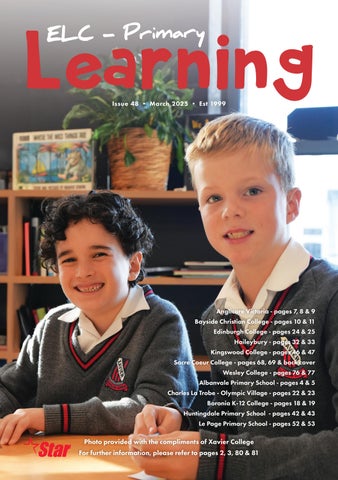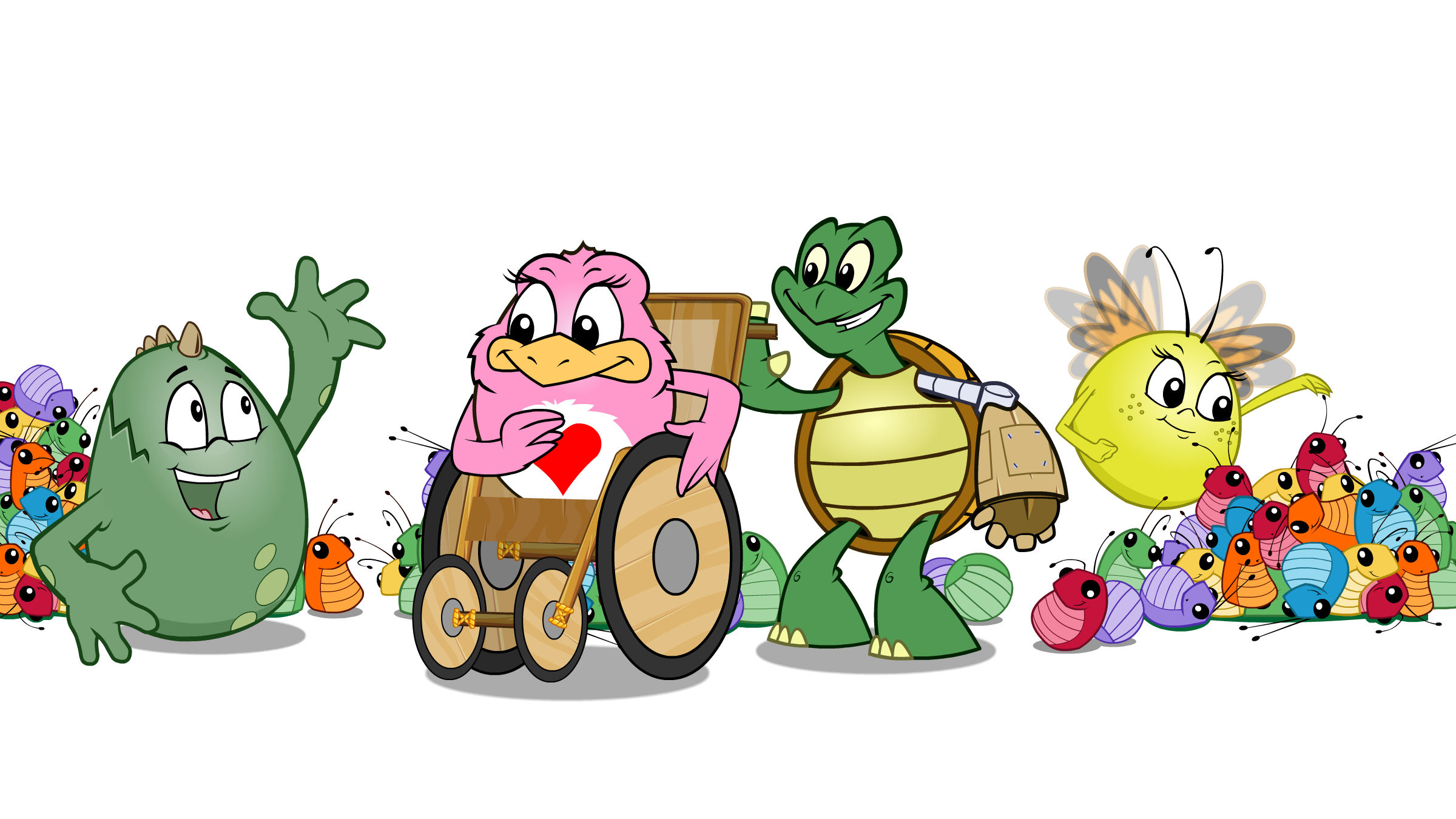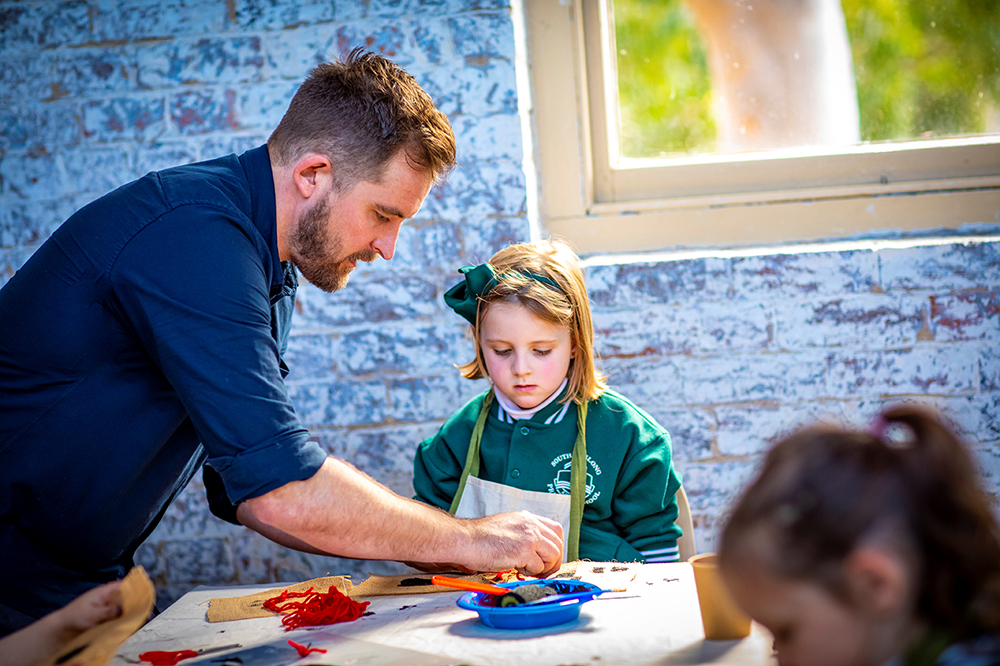“Paul has an incredible imagination but needs to work on his spelling,” is a direct quote from almost every report card I ever received. It was this backhanded complement that my imagination was somehow limited, because of my poor spelling, which I read from English teacher after English teacher. For some reason however, in spite of this, I still became a writer.
I have now been a primary teacher for almost sixteen years and seen time and again children give up entirely on writing because they do not like it and because it is too hard. The truth is, it is not hard because they do not have ideas or they don’t like stories. Children can always tell the most incredible stories or present amazing ideas. Too often, it is simply the spelling of words.
For some reason, teacher after teacher did not defeat me. I would still write these epic stories and love it and teachers around me would have their hair turn grey as they tried, in vain, to cover my work with red pen, correcting my spelling.
For me and for thousands upon thousands of children, red pen is never going to help. When I am told to picture a word in my mind, I do not see letters forming. Instead I see great images of the word or obscure applications. When I am in the midst of writing something amazing I have never once thought back to a word written above one of mine in red and reminded myself of how to spell it.
Traditional schooling did not fail me. I have two university degrees and have written award winning plays and a number of books. However, tradition schooling could not teach me to spell either. The problem is not that I cannot spell, it is that too often people saw the ability of not being able to spell as being linked to not being able to write.
For years, teachers would give weekly spelling tests and they would encourage me to do more homework to improve my results, as they consistently resembled soccer scores. Further issues arose when teachers would read around the room and judge my ability to read, not by the books that I read or authors I enjoyed, but by what they heard.
When I went through school dyslexia was not a diagnosis given unless children kept writing their letters backwards when they reached High School, even then it was really only said to warn them away from wanting to be pilots.
I was. I am. Dyslexic. A diagnosis that I find incredibly hard to spell but easy to live with. I am almost forty, I still have trouble spelling words but have developed techniques to support myself. I still jumble up letters when I am reading street signs and I still have a deep loathing for those codes you have to enter on websites to prove you are not a robot.
But, unlike so many other people I have met with dyslexia, I have an enormous passion for literature. For most dyslexics thirteen years of schooling and struggling through classic novels and spelling tests is enough for them to never pick up a book again. It is enough for them to turn their back on books entirely.
The interesting thing however, comes in the fact that although I had countless teachers who worried about my spelling and lost sleep over the fact that I was unable to fluently read Shakespeare in front of the class but I was blessed with one teacher who was different.
When I was sixteen, I had decided I was probably going to leave school. I had a chef apprenticeship lined up and thought it was probably a good way to spend my life and escape the classroom. In that same year, I had a new English teacher. His name was Clinton Max and he was different.
He still wrote on my report card that I needed to work on my spelling but he also gave me the only ‘A’ I ever received for English. He had us write in journals and told us that he was only looking for creativity and no spelling. This was the greatest thing I had ever heard and the first time I started to enjoy writing at school.
At the end of the year, he said to me. “You really are a talented writer and if you get good enough you can always pay someone to fix your spelling.”
I was sixteen and impressionable. For him, I am sure it was a sentence of little importance but that one sentence, at the right time, completely changed my life.
My Storee, which is my second picture book, is that journey of me as a writer. It is a little boy who loves to write but has teachers telling him he cannot spell, until he finds that one teacher who instead of looking at the individual words looks at his writing.
It is a profound thing to have someone give you praise with something that you enjoy and it can overshadow so much negativity. My wish for this book is that it can do the same thing for others who do not necessarily have that teacher.
The challenge in writing My Storee was in finding a way to tell children that you do not need to be able to spell to be able to write, when clearly books always show that you do. It was such an honour working with EK Books and having them understand that for this book to work it needed to be different, it needed to show and tell my experiences.
Paul Russell is a teacher, artist, playwright, author and father of two. My Storee, his second picture book, illustrated by award-winning artist Aśka, is inspired by his own experience with dyslexia. His first book, Grandma Forgets, was a CBCA Notable book for 2018. Teacher notes and other activities can be downloaded free from www.ekbooks.org . My Storee is available wherever good books are sold.


